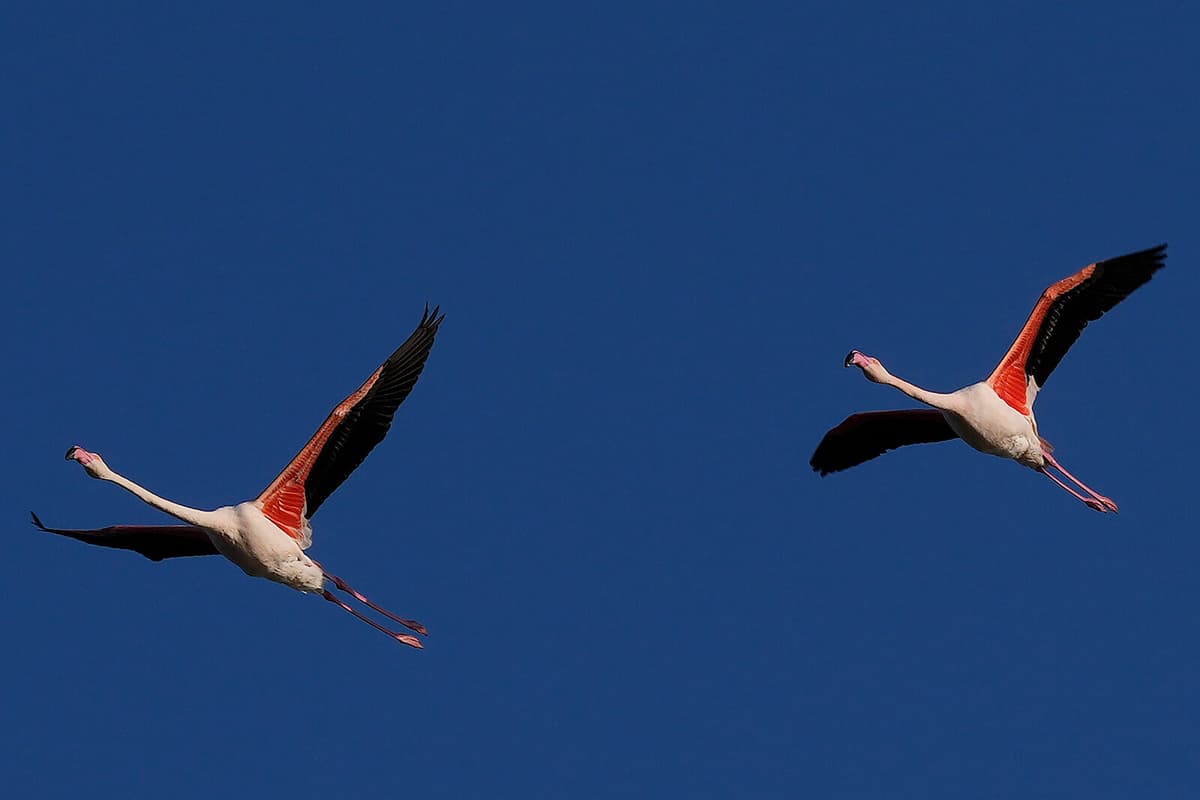The pink flamingo, Phoenicopterus roseus, is found, among other places, in the French region of Camargue. Researchers have long wondered why some of the birds age significantly slower than others. They have now analyzed data from a research project where flamingos have been marked and followed for 40 years.
Some of these flamingos stay in the Camargue area for their entire lives, while others move along the Mediterranean coast. They spend winters, for example, in Italy, Spain, or in North Africa.
Faster reproduction
The researchers saw that during the first period, those who stay "at home" fare better. They reproduce faster and survive to a higher degree than those who have migrated.
But then something happens and in the long run, it seems that those who have moved are the winners. Flamingos that stay seem simply to age faster than those who move. The researchers base their conclusion, among other things, on the birds' ability to reproduce and the risk of dying over the years. According to the study, which is published in the journal Proceedings of the National Academy of Science, biological aging begins at 22 years in migratory birds compared to 20.5 years in those who stay.
Get more offspring
Those who stay reproduce more at the beginning of life, but those who have moved seem to catch up because they have more offspring later in life. The fact that individuals who move have an increased risk of dying early in life may, according to the researchers, be due to the fact that they are exposed to stress and dangers during the challenges that the move entails. The difference may also be due to the fact that those who choose to move are not as good at competing for food at the place of origin and therefore leave.
The researchers write that the study is a piece of the puzzle in how aging differs within the same population, but that it does not provide any clear answers as to why it looks like this.






